Your cart is currently empty!
Tag: SustainablePractices
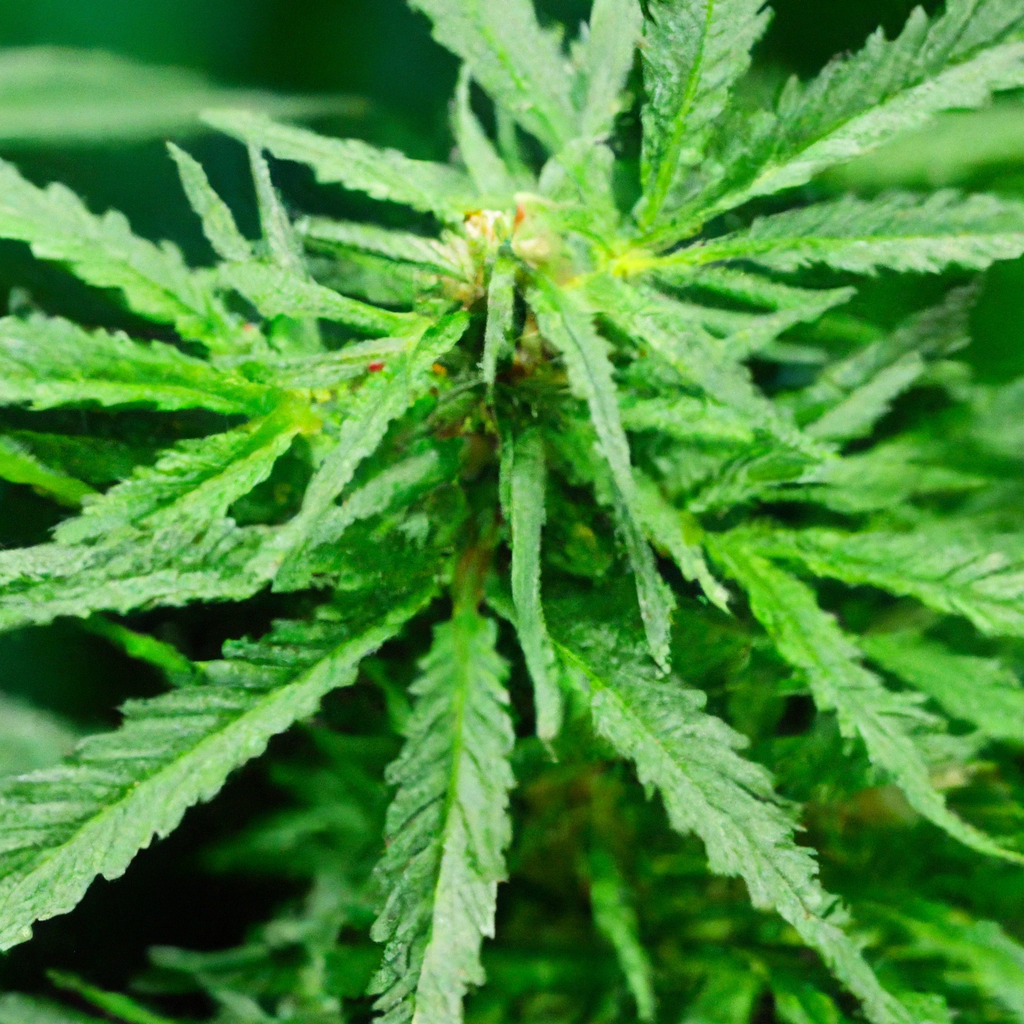
In an age where sustainability is crucial, organic cannabis cultivation emerges as an environmentally friendly approach that enhances product quality and safety. This guide explores best practices, such as using natural fertilizers like worm castings and kelp meal, and eco-friendly pest control methods including companion planting and neem oil. Emphasizing soil health through compost enrichment…
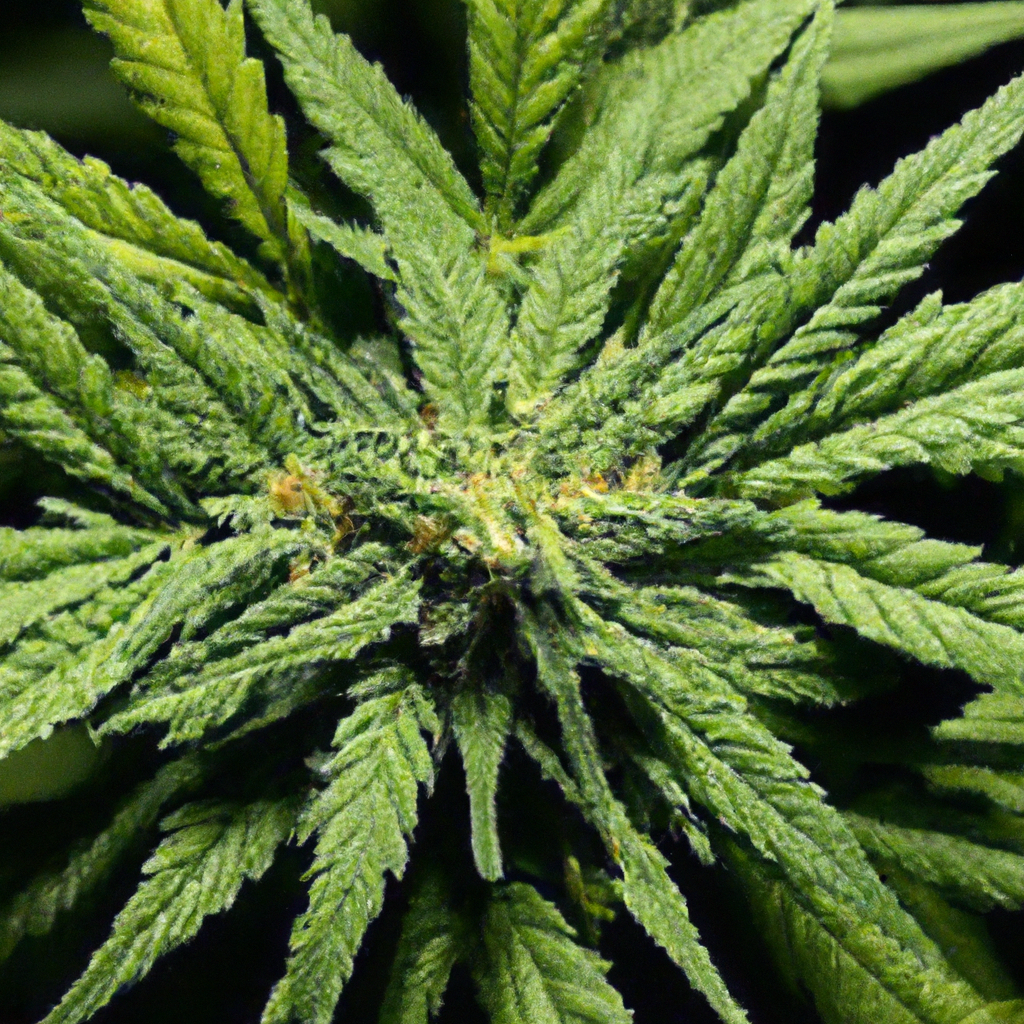
Companion cultivation can significantly enhance cannabis growth by integrating beneficial plants into the garden ecosystem. By selecting plants like marigolds and basil, growers can naturally repel pests and enrich soil without relying on chemicals. Legumes such as clover can improve soil fertility, while companion plants can also help create a balanced microclimate. Careful planning and…
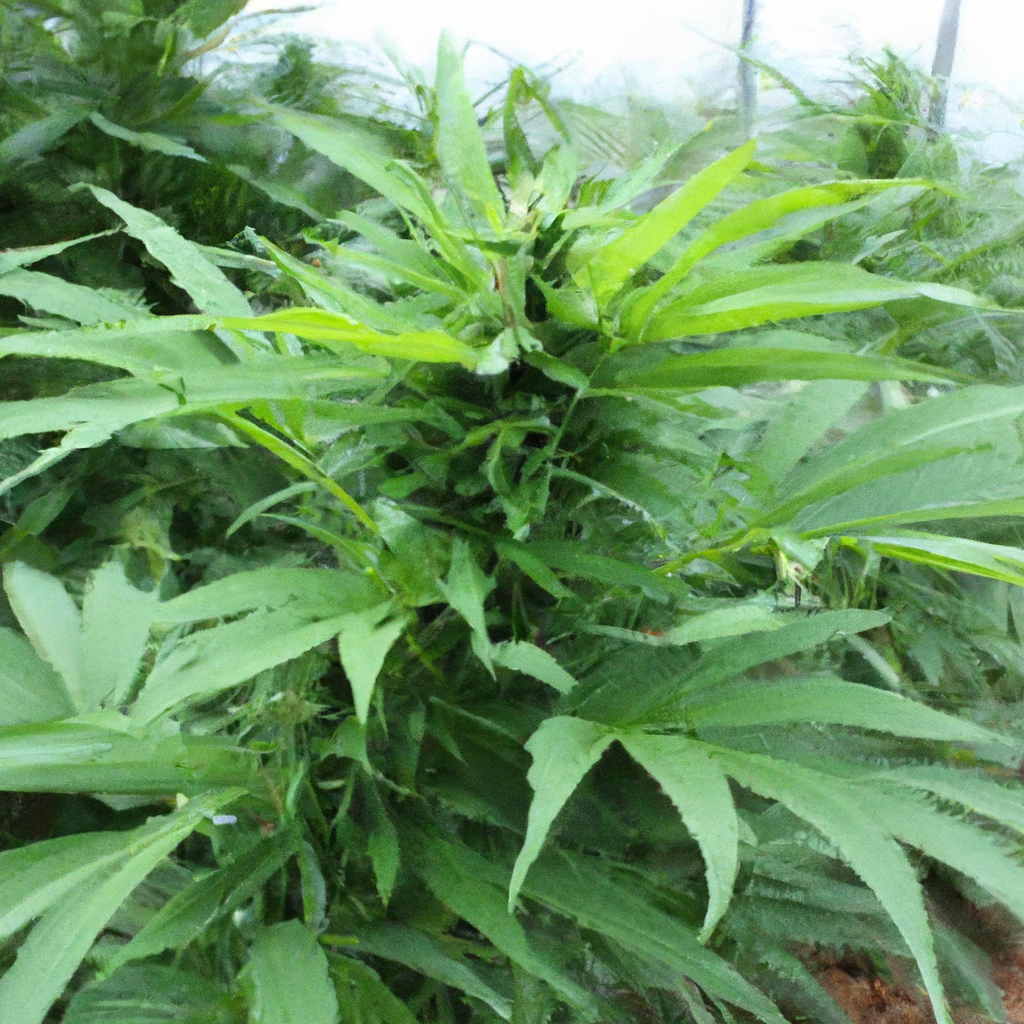
This blog post explores the art and science of organic cannabis cultivation, emphasizing sustainable practices that enhance both environmental health and product quality. Key topics include building healthy soil ecosystems using compost and worm castings, utilizing natural fertilizers like fish emulsion and bone meal, and implementing eco-friendly pest management through companion planting and beneficial insects.…
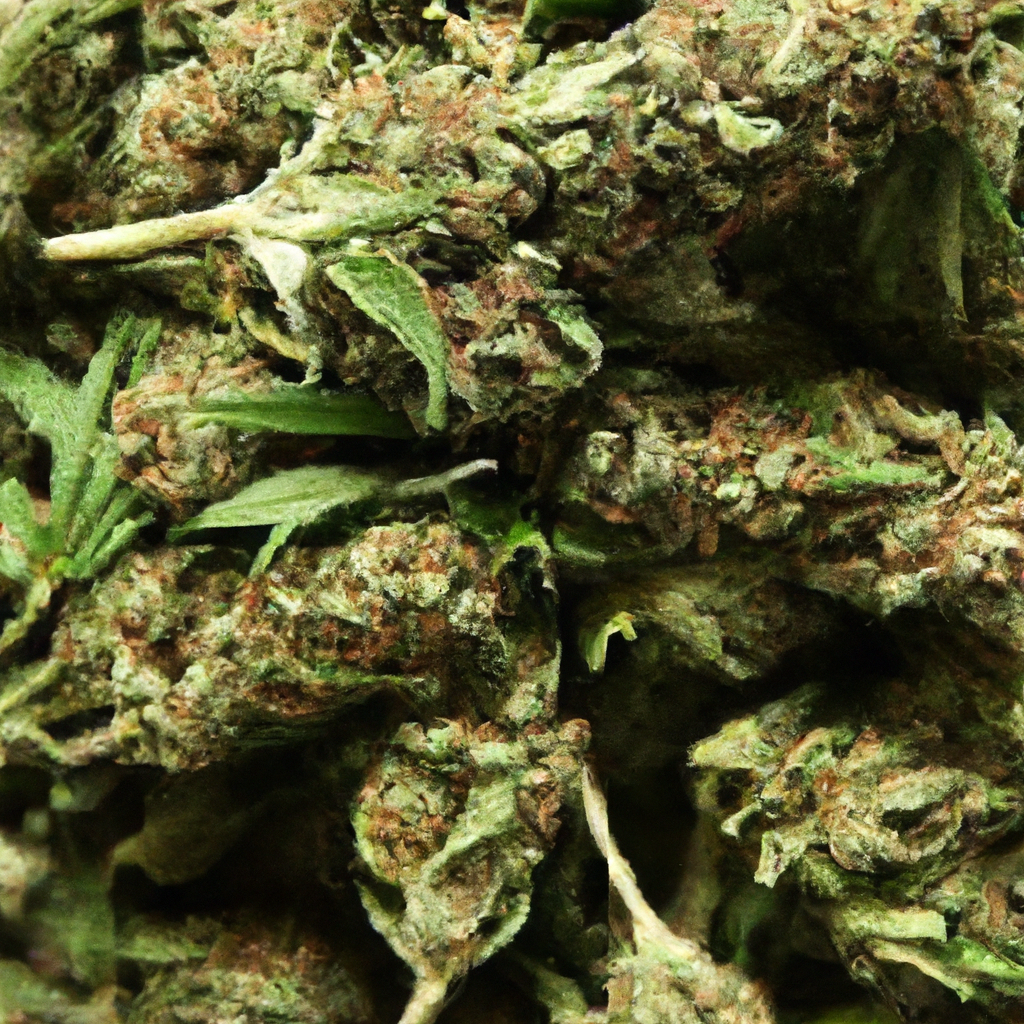
As cannabis popularity surges, cultivators increasingly adopt organic methods to meet consumer demands and environmental goals. Organic cultivation reduces carbon footprints and promotes biodiversity, leading to a purer product free from synthetic chemicals. Essential practices include building healthy soil through composting, mulching, and crop rotation; using natural fertilizers like fish emulsion and bone meal; and…
Growing cannabis organically involves nurturing a thriving ecosystem by using natural fertilizers, effective pest control, and sustainable practices. Key natural fertilizers include compost, worm castings, bone meal, and blood meal, which enrich soil without harming the ecosystem. Effective pest control methods like neem oil, companion planting, and beneficial insects can protect plants naturally. Building a…
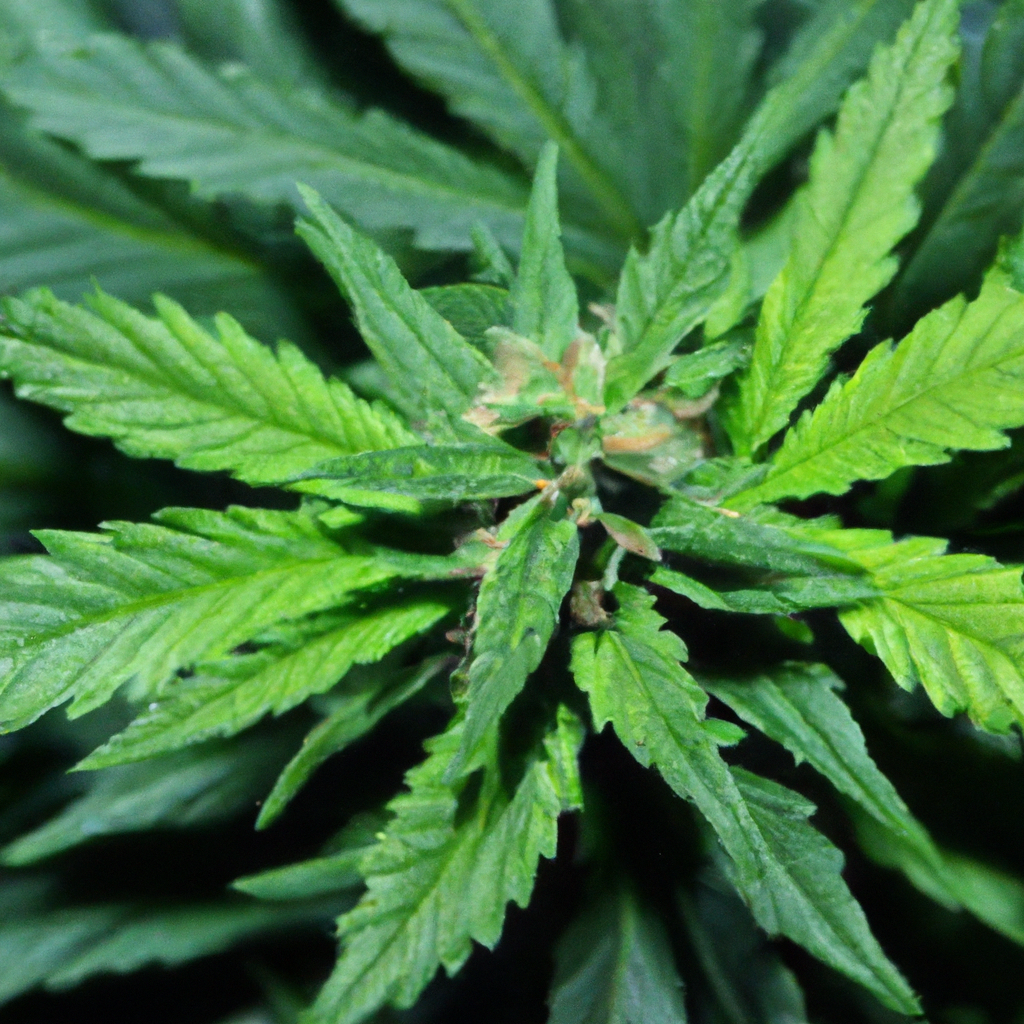
As cannabis cultivation grows, understanding nutrient management becomes crucial for optimizing plant health and yield. This guide explores the essential nutrients—NPK, macronutrients, and micronutrients—necessary for cannabis growth, and provides strategies for developing effective feeding schedules tailored to the growth stages: seedling, vegetative, and flowering. Highlighting Smith GreenGrowers’ success story, the importance of customized nutrient plans…
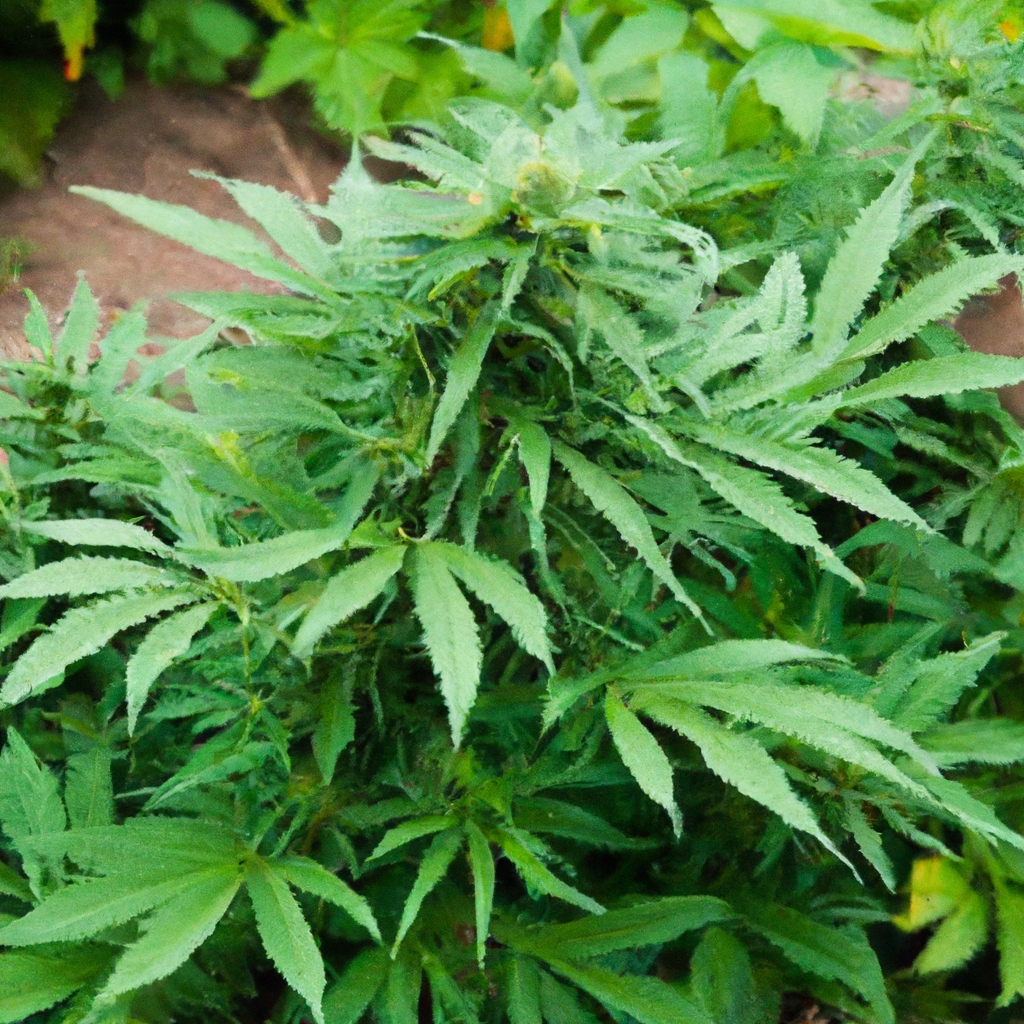
Organic cannabis cultivation emphasizes sustainable practices that benefit the plant, consumer, and environment. Key methods include using natural fertilizers like composted manure, bone meal, and fish emulsion to nourish plants while enhancing soil microbial life. Building a healthy soil ecosystem through cover crops, crop rotation, and compost incorporation is crucial. Eco-friendly pest control strategies such…
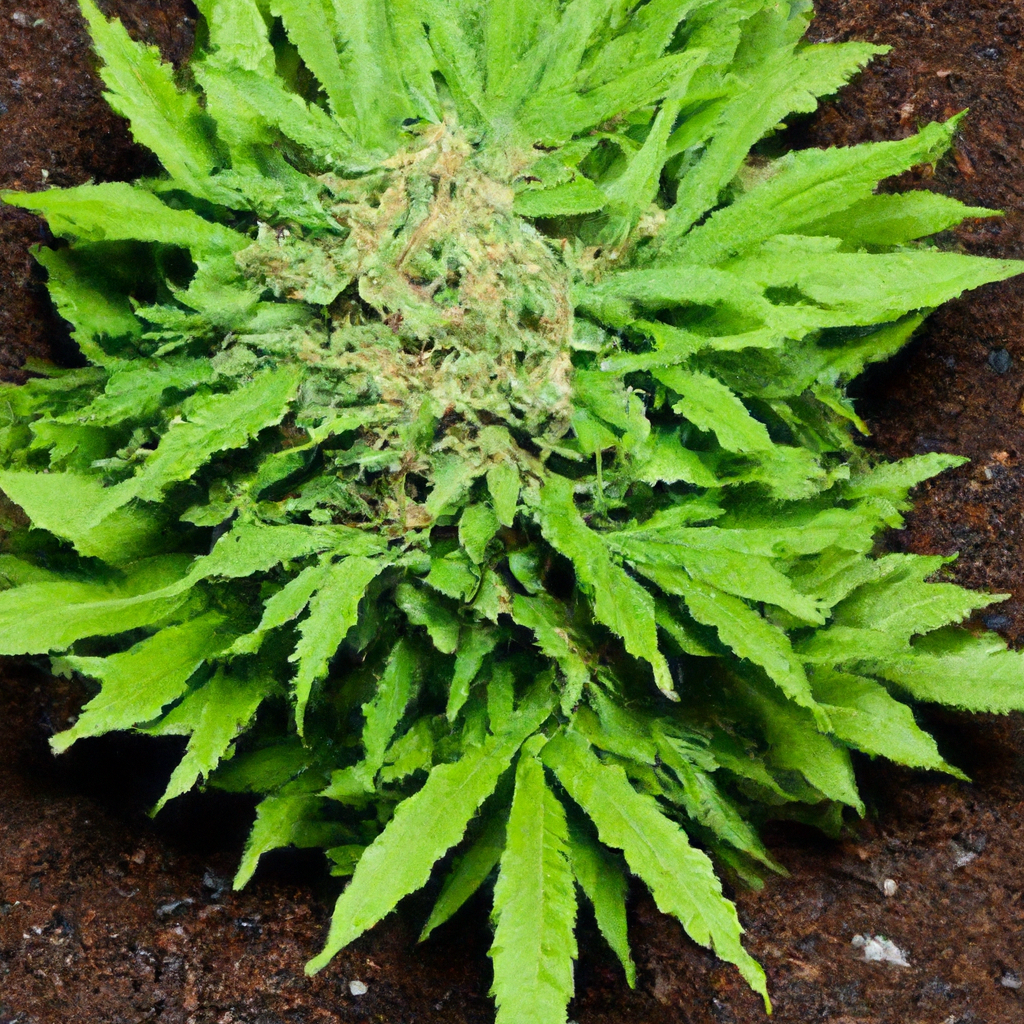
Growing cannabis organically offers environmental benefits and enhances produce quality and safety. By using natural fertilizers, such as homemade compost and worm castings, and embracing sustainable practices, cultivators can create a healthier cultivation process. Building a soil ecosystem rich in beneficial microbes, employing natural pest control strategies like companion planting and neem oil, and prioritizing…
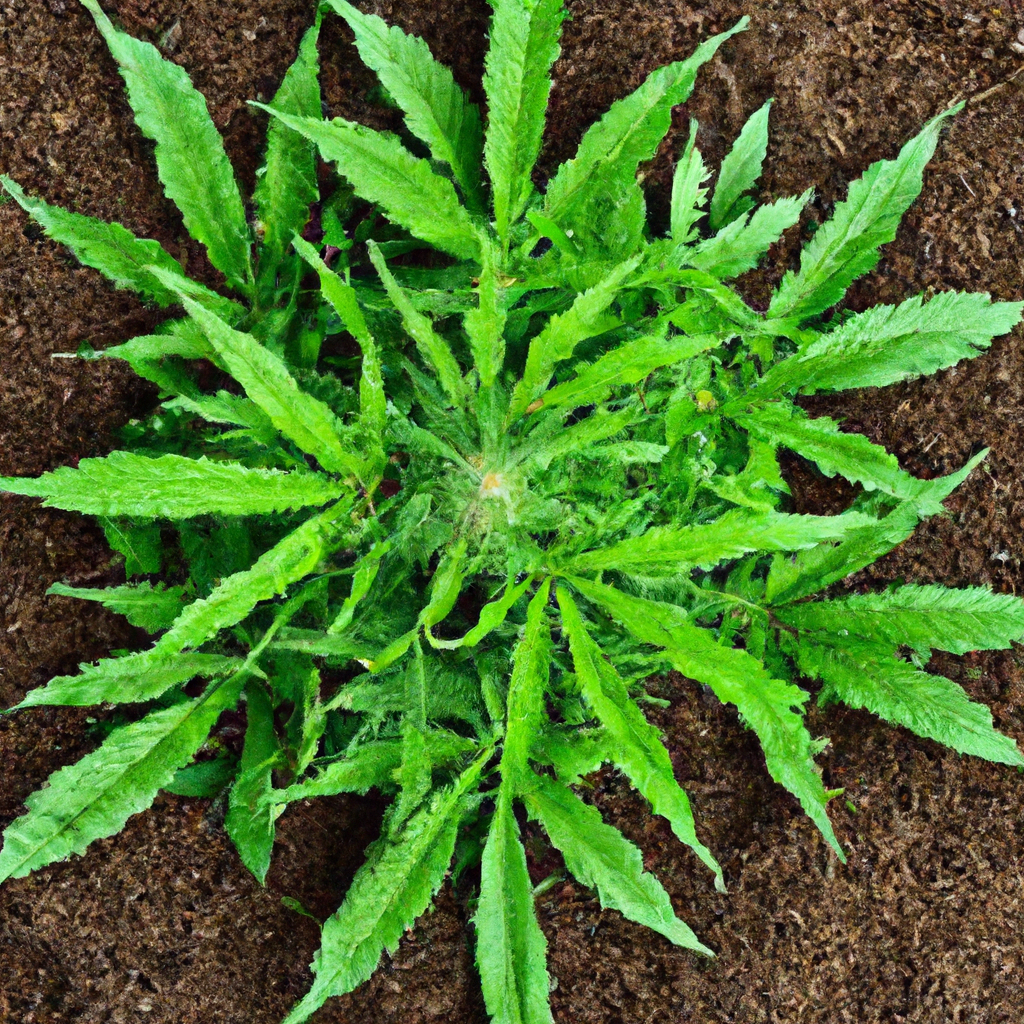
As the cannabis industry expands, there’s a shift towards more sustainable cultivation methods, emphasizing the need for organic growth. This blog explores essential practices in organic cannabis cultivation, highlighting natural fertilizers, compost, pest control, and soil ecosystem development. Key strategies include enriching soil with compost and cover crops, using natural fertilizers like manure and fish…
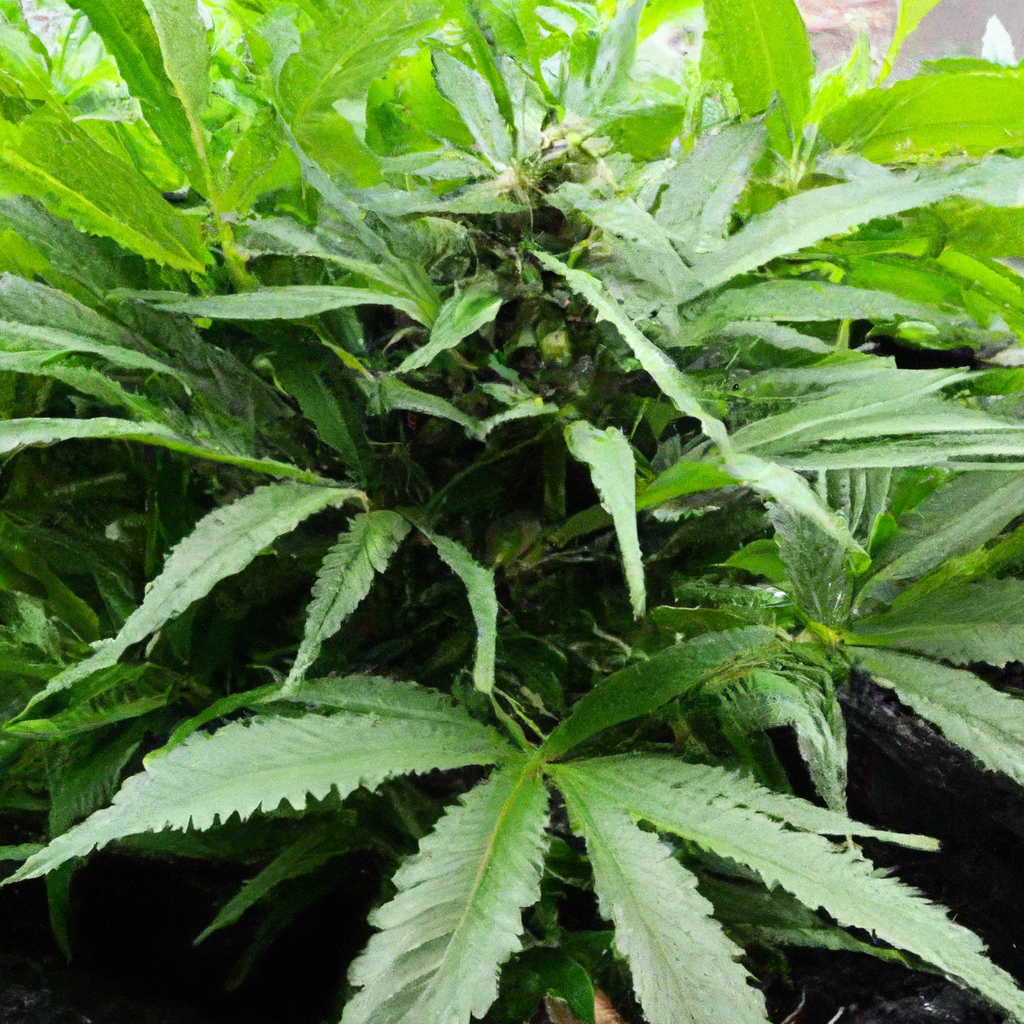
This post delves into the art of organic cannabis cultivation, highlighting sustainable practices such as using natural fertilizers, mastering composting, and employing eco-friendly pest control. By nurturing a thriving soil ecosystem with microbial richness and regular soil testing, growers ensure high-quality crops while preserving environmental health. Organic methods not only prevent chemical runoff and protect…
